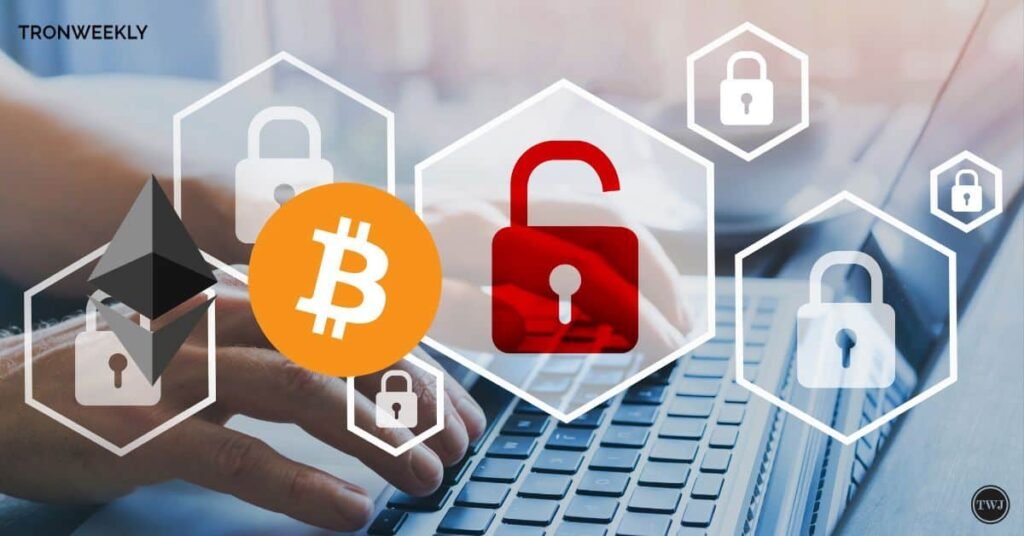Trump’s Republicans Want a Coup

Michael Flynn, the retired general who briefly served as Donald Trump’s national security adviser before being fired for lying about conversations he had with the Russian ambassador, spent Memorial Day weekend advocating for the U.S. military to overthrow the government. A keynote speaker at the For God & Country Patriot Roundup in Dallas—a conference popular with QAnon believers—he was asked on Sunday by an attendee, “I want to know why what happened in Myanmar can’t happen here.” Flynn replied, “No reason. I mean, it should happen here.”Flynn attempted to walk back the comments on Monday on Telegram, the social media network favored by right-wing extremists. “There is no reason whatsoever for any coup in America, and I do not and have not at any time called for any action of that sort,” he wrote, adding that “any reporting” suggesting otherwise is a “boldface fabrication.” But Flynn’s meaning couldn’t have been clearer: He was endorsing a military coup, to an audience of people who believe a convoluted conspiracy theory that Trump is secretly at war with a shadowy cabal of pedophiles linked to the Democratic Party.Flynn’s comment, extreme as it was, is increasingly representative of today’s Republican Party. Sidney Powell—the former federal prosecutor whose batshit election conspiracy theories earned her admission to, and then exile from, Trump’s postelection legal team last year—was also a keynote speaker at the conference. She told attendees that Trump should be “reinstated” as president and move back into the White House. (Powell did have some bad news, however: The Constitution would not give Trump credit for “lost time,” she noted, and he would merely be able to serve out the rest of Biden’s term.) But why point merely to Trump’s minions when we can source the man himself? According to The New York Times’ Maggie Haberman, Trump has been telling people that he “expects he will get reinstated by August.” Trump has not specified how he would be reinstated, but the answer is easy to conjure: a coup. Late last year, when Trump was launching dozens of frivolous election-related lawsuits, Republicans backed him. Using the courts to challenge elections was lawful, even if he was doing it in a silly manner, they argued—but it was hardly a coup. After all, the courts were involved. After the January 6 insurrection at the U.S. Capitol and Trump’s subsequent banishment from mainstream social media, these same Republicans—and many Democrats—hoped he would simply retreat into exile at Mar-a-Lago and be largely forgotten. But that hasn’t happened. Instead, the coup talk continues to escalate. Trump is hardly being shy about it. The sad, grandiosely named blog he launched last month—From the Desk of Donald Trump—consists mostly of rambling posts about how the election was stolen from him. On Memorial Day, for instance, he suggested that someone broke into the area in Fulton County, Georgia, where ballots were being held. Other recent posts suggest “massive numbers” of dead voters and demand unwarranted “forensic audits,” like the deranged one currently being done in Arizona, across the country.The wave of voter suppression bills that have been introduced and passed across the country should be seen as a part of this increasing focus on undoing a legitimate election. Even those Republicans who don’t explicitly endorse the looniest things said by Flynn, Trump, and others are fully backing this project. A majority of them—64 percent, per a Quinnipiac poll released last week—don’t even see Biden as a legitimate president. Roughly the same number hope Trump will run again—something he has indicated he will do, as long as his health allows it. Republicans in Congress like Kevin McCarthy, Lindsey Graham, and Rick Scott have traveled to Mar-a-Lago to kiss the ring. “Mar-a-Lago and Palm Beach are the center of the Republican universe right now,” Trump spokesman Jason Miller said last month. “All Republican roads lead to Mar-a-Lago. He’s the biggest name in politics, and everybody wants his support and endorsement.”Democrats have welcomed Trump’s relative retreat from the spotlight, allowing them to push Covid relief, infrastructure spending, and other policy goals without having to compete with him for the media’s—and thus the public’s—attention. But Trump’s claims about the 2020 election have gotten more bombastic and unhinged than they were before the Capitol insurrection, and the right’s violent rhetoric likewise has flourished. Flynn’s opinion that the United States should have a coup like “what happened in Myanmar” has shocked a lot of political observers these past few days, but that says more about these observers than it does Flynn. He’s merely a reflection of a fast-growing orthodoxy in the GOP—and January 6 was just a trial run.
Read More
Be the first to write a comment.







